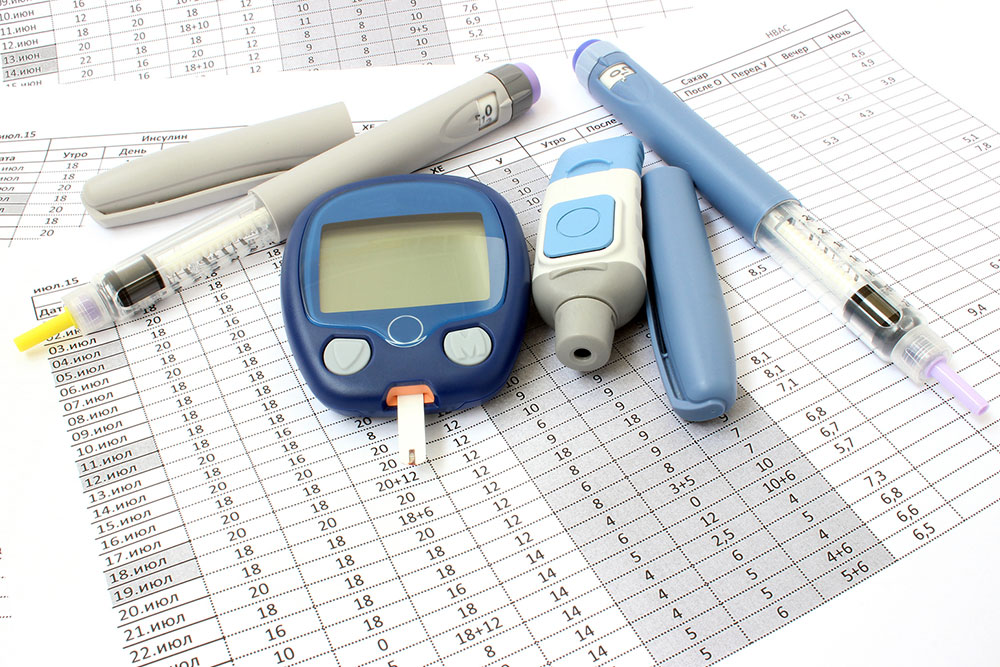Comprehensive Guide to Preparing for a Healthy Pregnancy: Timing, Health, and Lifestyle Tips
This comprehensive guide provides essential tips for preparing for a healthy pregnancy. It covers optimal timing for conception, health checks, nutritional advice, and lifestyle adjustments. By following these detailed steps, couples can improve their chances of a successful pregnancy and ensure the best start for their future family. Proper planning, reproductive health care, and healthy habits are key to a smooth pregnancy journey, making this guide a valuable resource for prospective parents aiming for a safe and healthy addition to their family.

Embarking on the remarkable journey of parenthood is an experience filled with anticipation, joy, and significant life changes. Preparing effectively for pregnancy can substantially increase the likelihood of a healthy conception, a smooth pregnancy, and a positive postpartum period. Whether you’re planning your first child or expanding your family, understanding the critical steps involved in planning for pregnancy is essential. This comprehensive guide offers detailed insights into when and how to prepare for conception, ensuring both you and your partner are optimally ready to welcome a new life into the world.
Timing is everything when it comes to conception. Knowing the optimal window for fertilization can greatly improve your chances of conception. Ovulation, which is the release of an egg from the ovary, typically occurs around the midpoint of your menstrual cycle—usually about 14 days before your next period starts. This window is crucial because it represents your most fertile period, often lasting a narrow 12 to 24 hours during which conception is most likely. Using reliable tools like ovulation calculators or fertility tracking apps can help you identify this critical period accurately. For personalized advice, consulting a healthcare provider is always recommended, especially if you have irregular cycles or other health concerns.
Beyond timing, maintaining reproductive health is paramount for both prospective mothers and fathers. Regular health screenings and medical checkups can identify and address potential issues early on. Women should consider evaluating ovarian health and hormonal balance to ensure optimal fertility conditions. Men, on the other hand, should undergo testing for sexually transmitted diseases (STDs), including HIV and other infections, as untreated infections can impair fertility and pose health risks for both partners and the future child. Practicing safe sex, maintaining genital hygiene, and avoiding risky behaviors are essential components of reproductive health that contribute to a successful conception journey.
Nutrition and lifestyle play critical roles in supporting fertility and ensuring a healthy pregnancy. Adopting a balanced, nutrient-rich diet filled with fruits, vegetables, lean proteins, whole grains, and healthy fats provides essential vitamins and minerals necessary for reproductive health and fetal development. Maintaining a healthy weight—neither too high nor too low—is important, as it influences hormone levels and ovulation. Women trying to conceive should aim for a body mass index (BMI) within the healthy range, as advised by healthcare providers.
Avoiding harmful habits such as smoking, excessive alcohol consumption, and recreational drug use is crucial. These substances can negatively impact both partners' fertility and increase the risk of pregnancy complications, including miscarriage and birth defects. Quitting smoking and limiting alcohol intake well before conception can significantly enhance fertility and improve pregnancy outcomes. Additionally, managing stress through relaxation techniques like yoga, meditation, or counseling can promote overall reproductive wellness.
Preparing for pregnancy also involves ensuring that you are up-to-date with recommended vaccinations and health screenings. Specific vaccines, such as rubella and varicella, are vital to prevent infections that could harm fetal development. Folic acid supplementation before conception and during early pregnancy is strongly advised, as it reduces the risk of neural tube defects—serious birth deformities affecting the brain and spine.
Finally, developing a strong support system and open communication with your partner, friends, and healthcare professionals can help you navigate the emotional and physical aspects of this transition. Planning for pregnancy is not only about physical preparations but also emotional readiness. Attending prenatal classes, setting realistic expectations, and maintaining a positive outlook can foster resilience and reduce anxiety during your pregnancy journey.
In summary, effective preparation for pregnancy involves a combination of understanding your fertility window, maintaining optimal reproductive health, adopting healthy lifestyle habits, and seeking professional guidance. Taking these proactive steps creates a supportive environment for conception and lays the foundation for a healthy pregnancy and a joyful beginning to your child's life. Every step you take toward health and wellness today will resonate throughout your pregnancy and beyond, ensuring both you and your future baby thrive.





